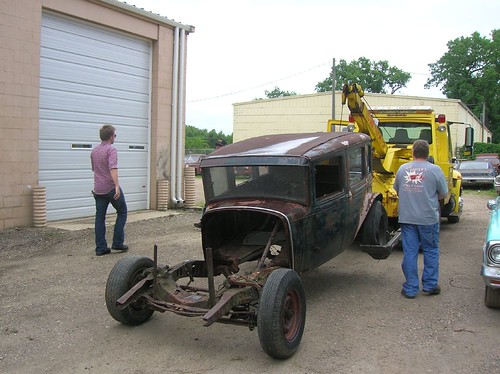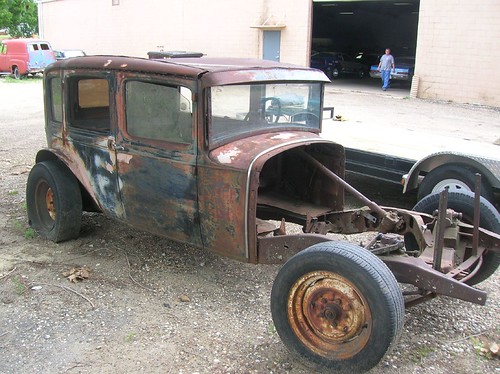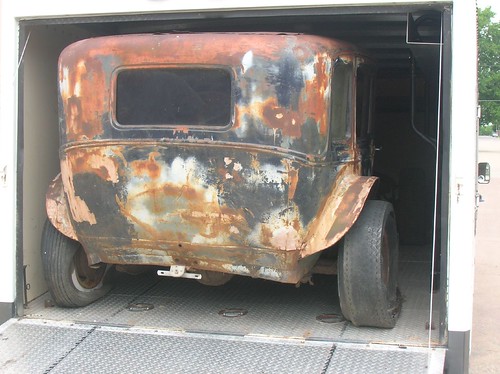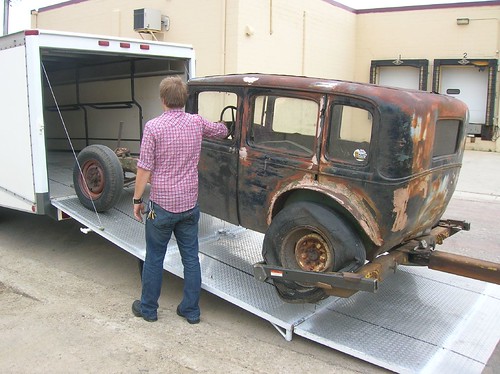My current obsession, among others, is this record.
The story of The Lifer (quoted verbatim from the back of the record sleeve)
"The story of The Lifer began about four months ago, when Al Gliva wrote a letter to Dewey Groom of Longhorn Records in Dallas, Texas, and asked permission to send a tape recording of a tune he had written called 'The Lifer.' Dewey frankly didn't see much in the tune, as the first tape was very biblical and didn't have much commercial value. But Clay Allen, who works and records for Longhorn Records, and who is also a fine songwriter, thought the tune had possibilities. So, on the advice of Clay Allen, Al Gliva rewrote the tune as you hear it now. Of course, we ran into another problem, that of getting a tape cut there in the prison with enough quality to record. So, after two more attempts at making a tape of good quality, we decided that as it was impossible for them to come to Dallas, we would take our own recording equipment up there and record. So with the kind permission and cooperation of Warden Raymond Buchkoe, George McCoy, our recording technician, flew via jet, to the prison on Mon., Sept. 10th and made this record Tues., Sept. 11th, 1962. So Recording History has been made. The proceeds of the sale of this record will go to Al Gliva and his prison band. It is our sincere hope that my our efforts, this record of 'The Lifer' might keep some boy from turning to crime."Alexander (Al) Gliva, inmate # 62055, was indeed serving life for murder. Roger Chase sings a bare chorus that bookends the recitative, spoken by Gliva, that's an attempt to convince someone - the parole board, the world, God, himself, who knows? - that he's now a different man than the young man who committed the murder years ago.
The song tends toward the preachy end of the spectrum, as you may expect, but knowing that it was recorded by inmates, inside the walls that were destined to confine most of these players for a very long time, and that the words being spoken are those of a man who's been sentenced to spend his remaining life there, is honestly chilling.
Most important about this record to me, though, is the guitar player, Clyde Stanley. My grandfather, Pat Moore, employed Clyde in his HVAC business here in St. Louis after the War. Clyde also made a guitar and banjo in the joint, which he later gave to my grandfather, and which I now have and play frequently. To the best of my knowledge, Clyde played the guitar he made on The Lifer. That guitar is now in my living room.
One of my main motivators in posting this, aside from just telling a fascinating story to which I'm connected indirectly, is in the hopes that somebody else is searching for the same information I am. God only knows how many of these 45s Longhorn even pressed, or if anybody else alive aside from other members of my family even knows of the existence of this record. I would think that family or friends of the other inmates on this record are the only remaining likely sources of information. Those other inmates, by the way, aside from the aforementioned Al Gliva, Roger Chase and Clyde Stanley, include Jess White, Carl Gilkerson, Howard Moore, and one man only identified on the record sleeve as #62054.
If you have any connection to or any more information about any aspect of the story surrounding The Lifer or the people who made it, please contact me directly at akcarlson@gmail.com, or leave a comment to this post. Please include your email address in your comment, so I can reach you with further questions.




